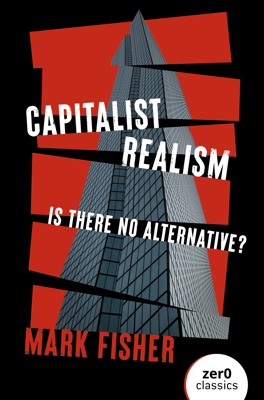October 6, 1979: ‘Don’t Let Yourself Get Attached to Anything’
Contrast Between Fordism and Post-Fordism
This section explores the shift from Fordist to post-Fordist practices, detailed through the prism of the characters and settings in Michael Mann's film, "Heat." Unlike the family-anchored, localized criminal worlds of earlier gangster films like "The Godfather" and "Goodfellas," "Heat" presents a group of rootless, professional criminals operating in a featureless, branded landscape of Los Angeles—emblematic of post-Fordist capitalism. This shift reflects a broader societal transformation where traditional bonds like family and community are devalued in favor of temporary, pragmatic associations driven by the pursuit of profit.
Economic and Social Changes
- Date of Shift: The transition from Fordism to post-Fordism is symbolically dated to October 6, 1979, when the Federal Reserve raised interest rates by 20 points, ushering in supply-side economics.
- Workplace Reorganization: The reconfiguration of work under post-Fordism emphasizes flexibility, requiring workers to reskill and adapt continually, thus placing strains on traditional family structures and personal commitments.
- Devalued Family Values: Family and long-term commitments become unsustainable as transient, high-pressured job markets emphasize flexibility over stability, thereby eroding the social structures that support familial obligations.
Psychological Impact and Capitalism
The relentless drive for flexibility and re-skilling in post-Fordism manifests in a heightened state of psychological precarity among individuals. The constant state of instability is mirrored by the rise in affective and psychiatric disorders, such as bi-polar disorder, which correlate with the economic boom and bust cycles of capitalism.
Capitalism and Mental Health
- Market-driven Psychosis: Capitalism, particularly its neoliberal variant, exacerbates mental health issues by promoting an individualistic, competitive ethos that isolates individuals and places them under constant psychological and economic pressure.
- Pharmaceutical Industry: The interpretation of mental illness through a strictly biochemical lens benefits capitalism by turning mental health into a lucrative market for pharmaceutical companies, while simultaneously diverting attention from the social and economic factors contributing to mental health issues.
Critique of New Bureaucracy
The chapter connects the new patterns of worker assessment and performance metrics to an increase in mental distress among employees. The contemporary bureaucracy, although less visibly oppressive than the overtly hierarchical structure of Fordism, is equally demanding and psychologically burdensome.
Summary Key Points
The chapter outlines the profound shifts from Fordism to post-Fordism, marking a move away from stable, structured work and community life to a fragmented, flexible, and precarious economic order. This transformation, ideologically and economically driven by neoliberal policies, has significant psychological repercussions, manifesting in increased mental health issues and a depersonalized society where traditional communal bonds are undervalued. The critique extends to how capitalism, especially through its latest phase, continues to shape individual identities and social relationships in profound and often troubling ways.
